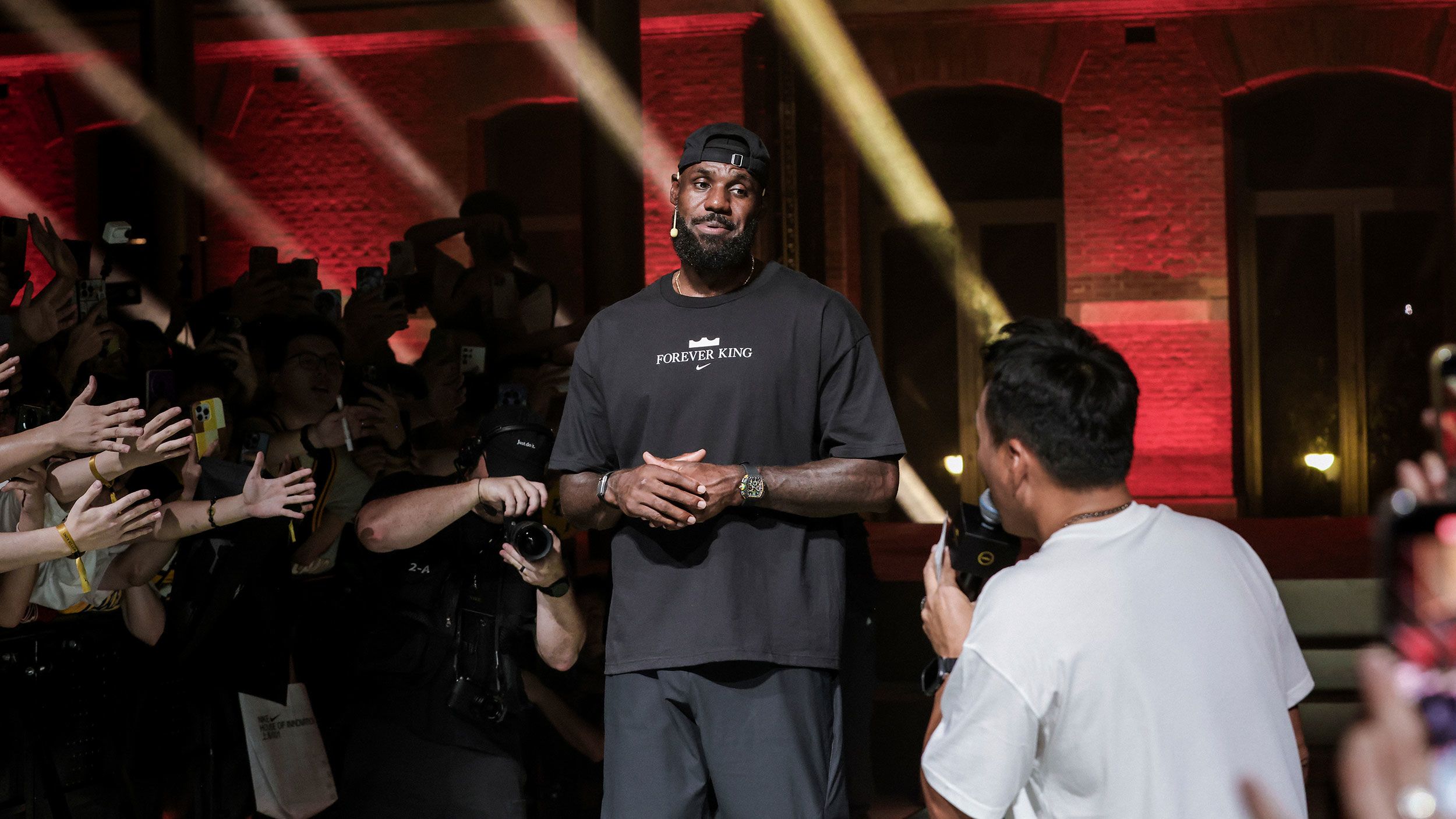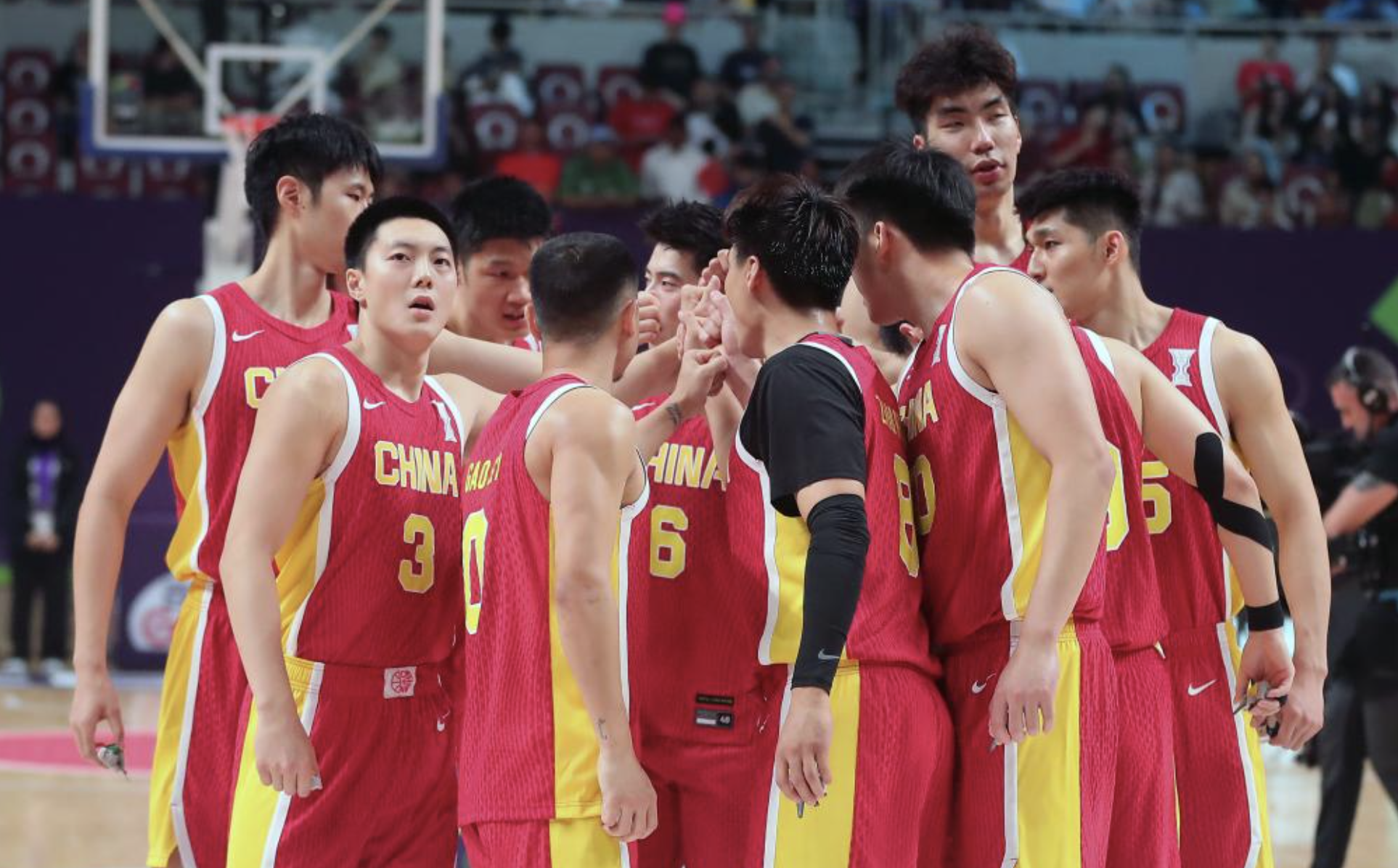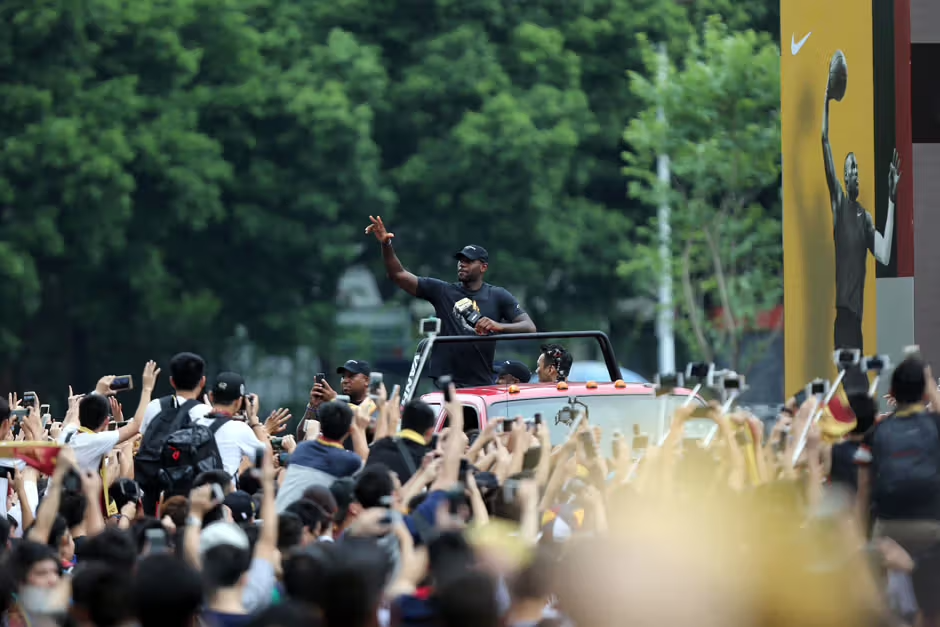On February 28, the Xinjiang Guanghui Flying Tigers announced they would withdraw from the Chinese Basketball Association (CBA) — China’s top professional basketball league — to protest punishment for alleged financial wrongdoing.
The announcement came 11 days after the CBA’s Discipline and Ethics Committee decided to prohibit the club from signing or trading new Chinese players for the next year due to their failure to register their financial operations properly.
A one-year transfer ban was imposed on Chinese #basketball club Xinjiang Flying Tigers, who have been involved in a contractual controversy with Chinese international center Zhou Qi since 2021 https://t.co/3Bi1FQTTjw pic.twitter.com/wEZUu2tZRN
— Xinhua Sports (@XHSports) February 17, 2023
However, the Xinjiang team has asserted in the statement that they have consistently adhered to league rules and expressed concern that the decision has negatively impacted basketball enthusiasts in Xinjiang Uygur autonomous region.
The Xinjiang Flying Tigers, based in the autonomous region’s capital, Urumqi, also implied that the punishment resulted from a years-long contract quarrel with their former star player — and member of China’s national team, center Zhou Qi.
Zhou, on the other hand, called the transfer ban “a fair verdict” and wrote that the club’s management had “bullied [him] for many years, robbed [him] wantonly, and resorted to deceit” in a Weibo post. So what exactly happened among these parties?
An Alleged ‘Yin-Yang’ Contract
According to the Xinjiang Flying Tigers, Zhou reported a so-called ‘yin-yang’ contract between him and the club to China’s State Administration of Taxation in 2021. ‘Yin-yang’ contracts are a set of contracts made between two parties, wherein one unofficial contract represents the actual value of the transaction, and the public one understates the amount for tax avoidance or other purposes.
The Xinjiang team confirmed there were two contracts, but that one became invalid while transferring the club’s financial management to a new company.
In their statement, they wrote, “The contract [Zhou reported] was signed when the club applied to the CBA League to change our main body of competition in 2019. Due to the impact of the Covid-19 pandemic, this process was interrupted, and the contract became invalid. Our club then re-signed a contract with Zhou Qi and completed the CBA league registration.”
Within a week, Xinjiang Tianshan Snow Leopards(football) & Tianjiang Flying Tigers(basketball), two major sports clubs in Xinjiang, announce withdrawal from professional league. pic.twitter.com/iCK5qXju8s
— China Sports Vision 2050 (@CSV2050) February 28, 2023
Two Companies, Similar Names
Despite the club’s participation in the league since 1999, concerns about its new corporate entity have been raised.
In 2019, the Urumqi-based club established a company in Kokdala, a city in northern Xinjiang near the border with Kazakhstan, which it claimed was done at Kokdala’s request. The new company’s name, Xinjiang Guanghui Professional Basketball Club Co., Ltd., differs from the main body by only one word.
Zhou alleged in his Weibo post that the secondary company was a cover for tax fraud. He wrote, “[Xinjiang Guanghui Flying Tigers] can obtain corporate income tax relief and personal income tax subsidies by registering a company in Kokdala.”
In response, the club stated that the registration process for the new company was interrupted by the pandemic. As a result, they had to continue competing under the original entity.
Zhou Qi’s Departure
Zhou had been trying to leave the squad for years, per both Zhou and the club. Zhou played for the Xinjiang team from 2014 to 2017 and then from 2019 to 2021, with stints in between at the NBA’s Houston Rockets and the Australian national league’s South East Melbourne Phoenix.

The club had barred Zhou from transferring to other CBA teams, Zhou said on Weibo. According to China Daily, citing the CBA’s ‘maximum salary priority renewal’ policy, a club can keep renewing a player’s contract as long as they are paying them the league’s maximum salary, which is set at around 44 million RMB (about 6.4 million USD) a season.
That policy meant Zhou’s only option for switching teams was to leave the CBA entirely — which he did. On August 29, 2021, two days before the 2021-2022 season transfer window, Zhou withdrew from the Chinese league. Days later, he announced that he would join the Melbourne team.
In December 2022, Zhou left the team and returned to China for family reasons, even though the Phoenix expressed their willingness to welcome him back. There has been some speculation that he will sign with another CBA team now that he is back in the country.
Given that he earned a substantially lower salary of approximately 4 million RMB (580,000 USD) a year with the Melbourne Phoenix compared to the 44 million RMB he received with Xinjiang, it would not be surprising if Zhou opted to play for a CBA team instead of returning Down Under.
And as a result of Xinjiang’s withdrawal from the CBA, Zhou is now free to sign with another CBA team and can anticipate a comparable salary at his new destination.
What Now for the Xinjiang Flying Tigers?

The Flying Tigers’ withdrawal from the league leaves the entirety of Northwest China bereft of a CBA team. On a positive note, however, the club said they would donate all their assets to the region.
Despite quitting the league, the club is not done fighting the CBA. In their statement, they wrote, “We will continue to defend our legal rights through arbitration and other solutions.”
Cover image via VCG



















